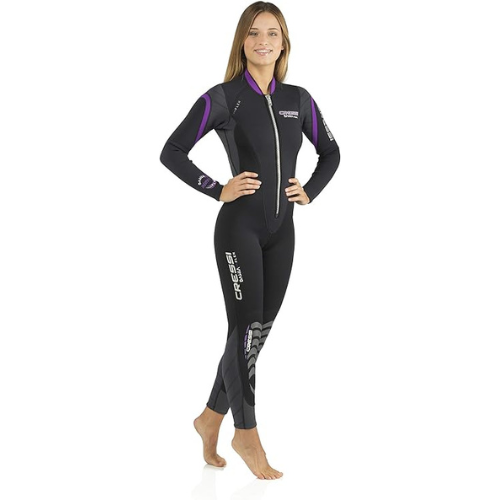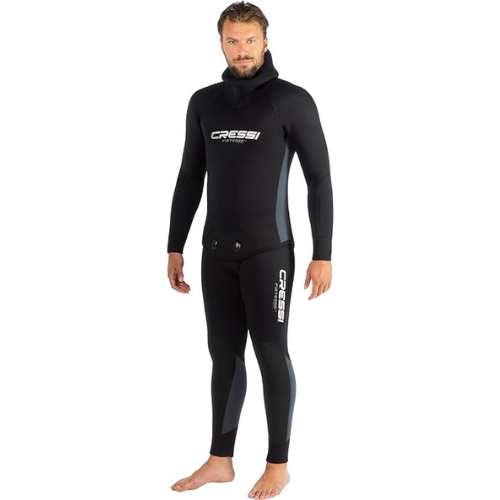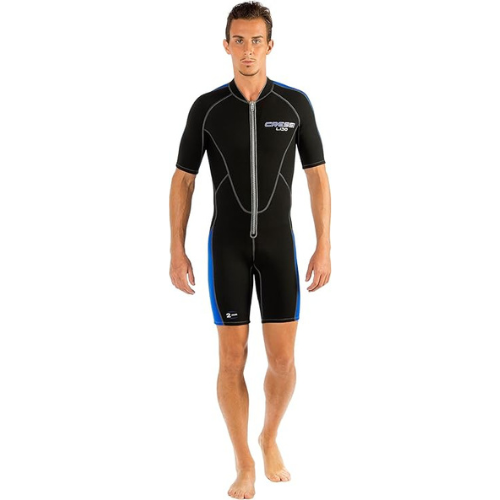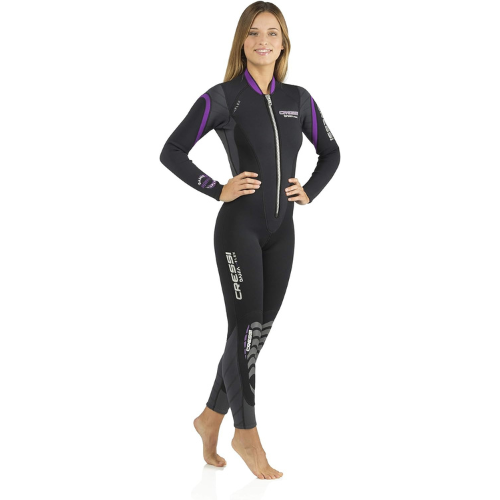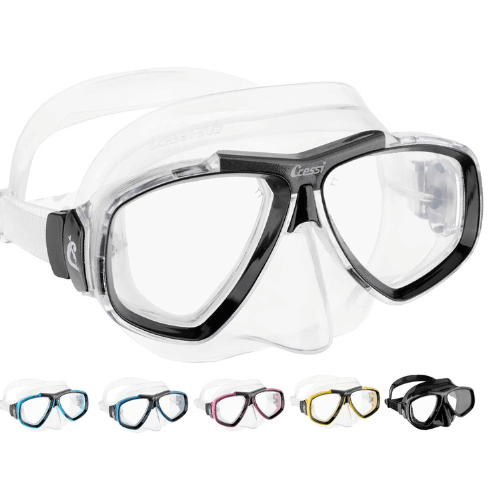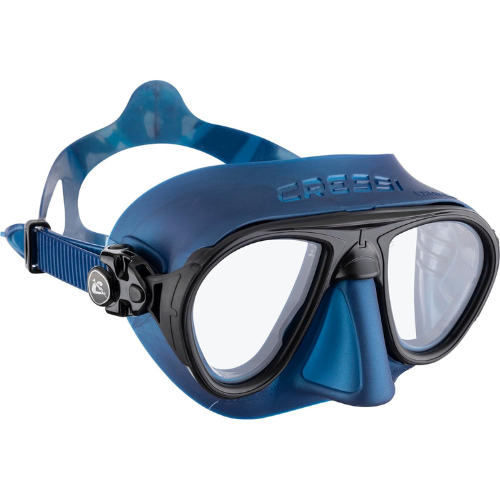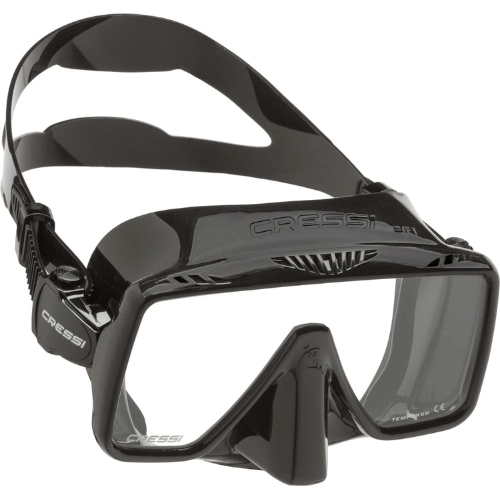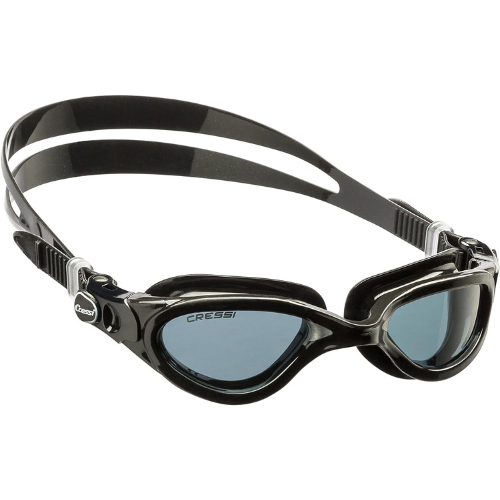Hello Divers!
20 Tips for Planning a Successful Dive Day
Your favorite Divers Direct experts here, ready to share some pro tips to ensure you have a smooth and successful dive day. Whether you’re jet-setting to a tropical destination or enjoying a local dive, these pointers will help you make the most of your underwater adventure. Let’s dive in!
1. Gear Check
First things first, take stock of your gear. Make sure everything is in good condition and ready for use. If you have equipment that needs servicing, plan ahead and allow several weeks for any necessary maintenance. We’ve attached a printable gear checklist for your convenience—be sure to double-check against it!
2. Safety Knowledge
Refresh your dive safety knowledge. Confirm that you remember key skills like hand signals and mask clearing. If it’s been a while since your last dive and you’re feeling a bit rusty, consider taking a refresher course. It’s crucial to feel confident and competent before you head underwater.
3. Dive Destination
Choose a dive spot that matches your certification and skill level. If you’re hopping on a charter, ensure it aligns with your goals. For example, if you’re eager to explore Hog Heaven in Fort Lauderdale, verify that the charter visits this site. Also, be aware of stops like the Ebenezer II, which may be suited for more advanced divers, so you can plan accordingly.
4. Pre-Dive Nutrition
Moderation is key the night before a dive. Avoid heavy, greasy foods and excessive alcohol to prevent seasickness and discomfort the next day. Stick to lighter, more balanced meals and save the indulgences for after your dive.
4a. Morning Beverage Debate
Consider limiting your caffeine intake before a dive. Caffeine can increase gastric acid and make you more prone to seasickness. Opt for tea over coffee if you need a caffeine fix, as it contains less caffeine and might be gentler on your stomach. Of course, if you know your body handles coffee well, go for it, but moderation is advised.
5. Weather and Water Conditions
Stay informed about the weather and water conditions. While your dive master will provide updates, it’s beneficial to check for yourself. Conditions like strong currents and reduced visibility can impact your dive, so being prepared helps ensure a smoother experience.
6. Embrace the Unexpected
Nature is unpredictable, and flexibility is key. Be prepared for last-minute changes and unexpected situations during your dive. Whether it’s encountering unique marine life or sudden weather shifts, maintaining an open mind will enhance your enjoyment and safety.
7. Hydration
Staying hydrated is crucial for divers. Dehydration can increase your risk of decompression sickness. Make sure you drink plenty of water the day before and the morning of your dive. Avoid caffeinated and alcoholic beverages, as they can dehydrate you further.
8. Physical Conditioning
Maintain good physical condition. Diving can be physically demanding, and being in good shape will make your dives more enjoyable and safe. Regular exercise, focusing on cardiovascular fitness and core strength, can greatly enhance your diving experience.
9. Proper Sleep
Get a good night’s sleep before your dive. Fatigue can impair your judgment and reaction times underwater. Aim for at least 7-8 hours of quality sleep to ensure you’re well-rested and alert.
10. Equipment Familiarity
Make sure you are familiar with all your gear, especially if you have new equipment. Practice using it in a controlled environment, like a pool, before your dive. This will help you become comfortable and proficient with your gear, reducing stress and potential problems during the dive.
11. Dive Plan
Plan your dive and dive your plan. Discuss the dive plan with your buddy and make sure you both understand and agree on it. This includes the dive site, depth, duration, and any specific points of interest. Always have a contingency plan in case things don’t go as expected.
12. Communication
Effective communication is vital for a successful dive. Review hand signals with your dive buddy before entering the water. Make sure you have a clear understanding of how to communicate underwater, including signals for air supply, direction, and any issues that may arise.
13. Environmental Awareness
Be aware of your surroundings and respect marine life. Avoid touching or disturbing marine creatures and corals. Follow the principles of responsible diving to minimize your impact on the underwater environment.
14. Safety Stops
Always perform a safety stop at the end of your dive, usually at 15 feet (5 meters) for 3-5 minutes. This helps reduce the risk of decompression sickness. Use this time to relax, check your air supply, and prepare for your ascent to the surface.
15. Post-Dive Procedures
After your dive, take time to properly rinse and care for your gear. Inspect it for any damage and allow it to dry thoroughly before storing it. This routine maintenance will prolong the life of your equipment and ensure it’s ready for your next dive.
16. Dive Log
Keep a dive log to record details of your dives. This includes the dive site, conditions, depth, duration, and any notable experiences. A dive log is a great way to track your progress, remember specific dives, and identify areas for improvement.
17. Know Your Limits
Understand and respect your personal limits. Don’t push yourself beyond your comfort zone or training. If you’re not comfortable with a particular dive plan or environment, it’s okay to say no. Safety should always be your top priority.
18. Continuing Education
Consider continuing your dive education. Advanced courses and specialty certifications can enhance your skills and knowledge, opening up new dive opportunities and increasing your confidence and safety underwater.
19. Dive Insurance
Invest in dive insurance. Accidents can happen, and having dive-specific insurance provides peace of mind knowing you’re covered for medical emergencies, equipment loss, and trip cancellations.
20. Enjoy the Experience
Lastly, remember to enjoy the experience. Diving is not just about the technical aspects; it’s about exploring a fascinating underwater world, experiencing nature, and having fun. Take moments to relax and appreciate the beauty around you.
Final Thoughts
In summary, ensure your gear is ready and in good condition, refresh your dive safety knowledge, choose appropriate dive sites, eat wisely, monitor conditions, and stay flexible. By following these tips, you’ll be well-prepared for a fantastic dive experience. And remember, the most important thing is to have fun!
Enjoy your dive, and happy exploring!
By following these comprehensive tips, you’ll be well-prepared for a safe and enjoyable dive day. Gear readiness, safety knowledge, proper planning, and a respectful attitude towards the environment are all crucial elements for a successful diving experience. Keep these pointers in mind, stay flexible, and most importantly, have fun exploring the underwater world!
Happy diving, and see you underwater!


